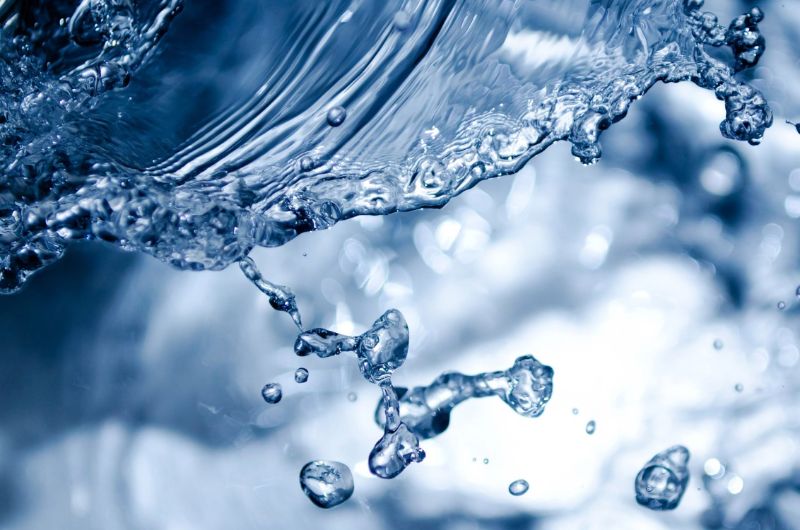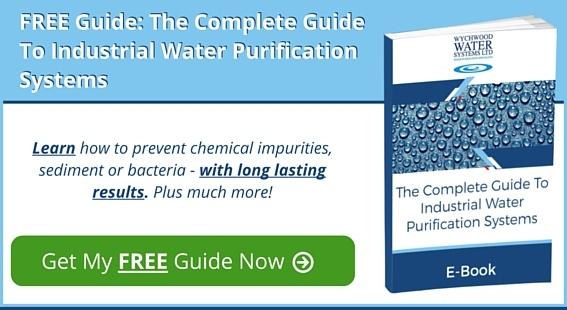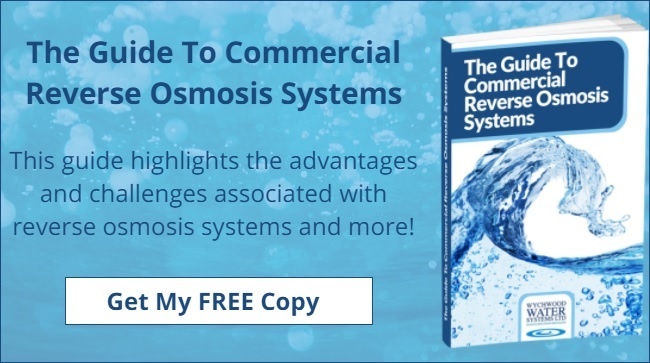
Water filtration systems are excellent ways to offer water quality guarantees. They can also protect equipment, and are a required step in treatment processes. Many companies wonder whether the time and effort is worth it, and question what is involved.
What Is A Water Filtration System?
There are many different types of water filtration system. The choice depends upon the demands of the industry. Filtration systems are often designed with drinking water in mind, and this means eliminating the potentially harmful organic compounds that flourish in H2O. Planetary life began with a water-based bacteria soup, so it is not something that you want to ingest without a little filtering! At the other end of the spectrum, there are very advanced systems that change the chemical composition of water.
These are specialised, and are intended for industrial use. Often, water filtration systems are used as a starting point in a more complex industrial system. Therefore, water filtration systems are familiar faces everywhere from homes to high-tech plants.
What Types Of Filtration System Are Available?
There are three main types: activated carbon, sediment, and carbon block. All of these achieve the same end goal, but get there in slightly different ways. Activated carbon absorbs a variety of unwanted chemicals and minerals, including toxic chlorine. It is also valued for cleansing water of odours and tastes.
Sediment systems achieve this via natural filtration, using a combination of gravity and careful physics to control the removal of bacteria and fungi. Carbon blocking leaves nothing to chance by combining both approaches. A carbon block filter uses the absorption method and the slow filtration method in order to ensure that no contaminants are left behind.
How Do I Maintain My Filtration System?
As there are many different types of filter, there is no ‘one-size-fits-all’ answer. Like any mechanical system, routine maintenance and servicing is important. Cartridges need to be replaced, and the systems themselves require calibration. Each filtration system will have its own set of instructions regarding how often to replace filters and membranes, and how to carry this out. However, all systems benefit from proactive maintenance.
This means a service contract that ensures that engineers routinely inspect and calibrate the filtration system. The benefit of this is that potential problems are spotted well ahead of a crisis, and this reduces the risk of downtime. As downtime is one of the leading causes of productivity loss, a service contract can offer excellent return on investment (ROI).
How Can I Do It Without A Service Contract?
Firstly, don’t try. However, if you do attempt the DIY approach, the key is to have the correct parts. Filtration systems can be quite temperamental if they are altered. This is because many of them rely upon very precise mechanical and chemical equations, and are sensitive to aspects such as the rate of water flow. It is also worth noting that the chemical and biological composition of rainwater can fluctuate, so routine adjustments are often needed.
Although UK groundwater has stringent health and safety requirements, mains water is not a uniform product. As such, regular testing is required, and parts need to be replaced with the exact brand. Having a qualified engineer who can keep everything flowing is preferable. To learn more about water filtration systems and the types of service contract available, please download our free Guide To Industrial Water Purification Systems.










 We are a specialist independent company involved in water purification and water treatment technologies
We are a specialist independent company involved in water purification and water treatment technologies


